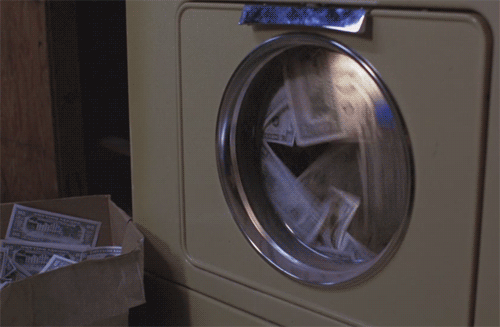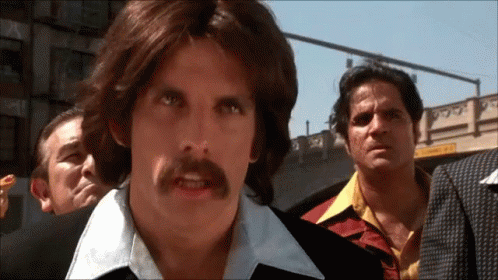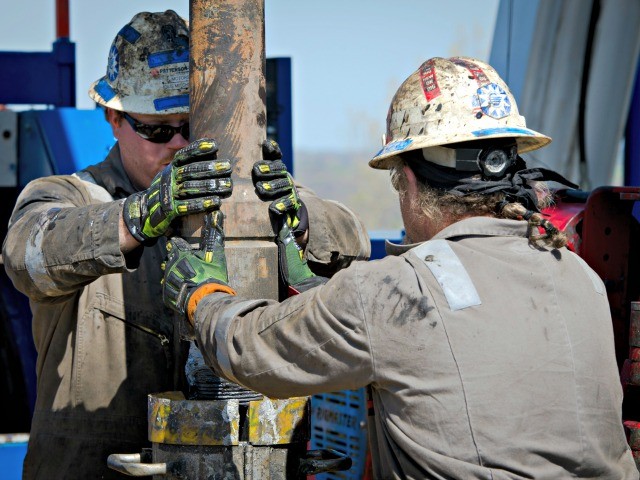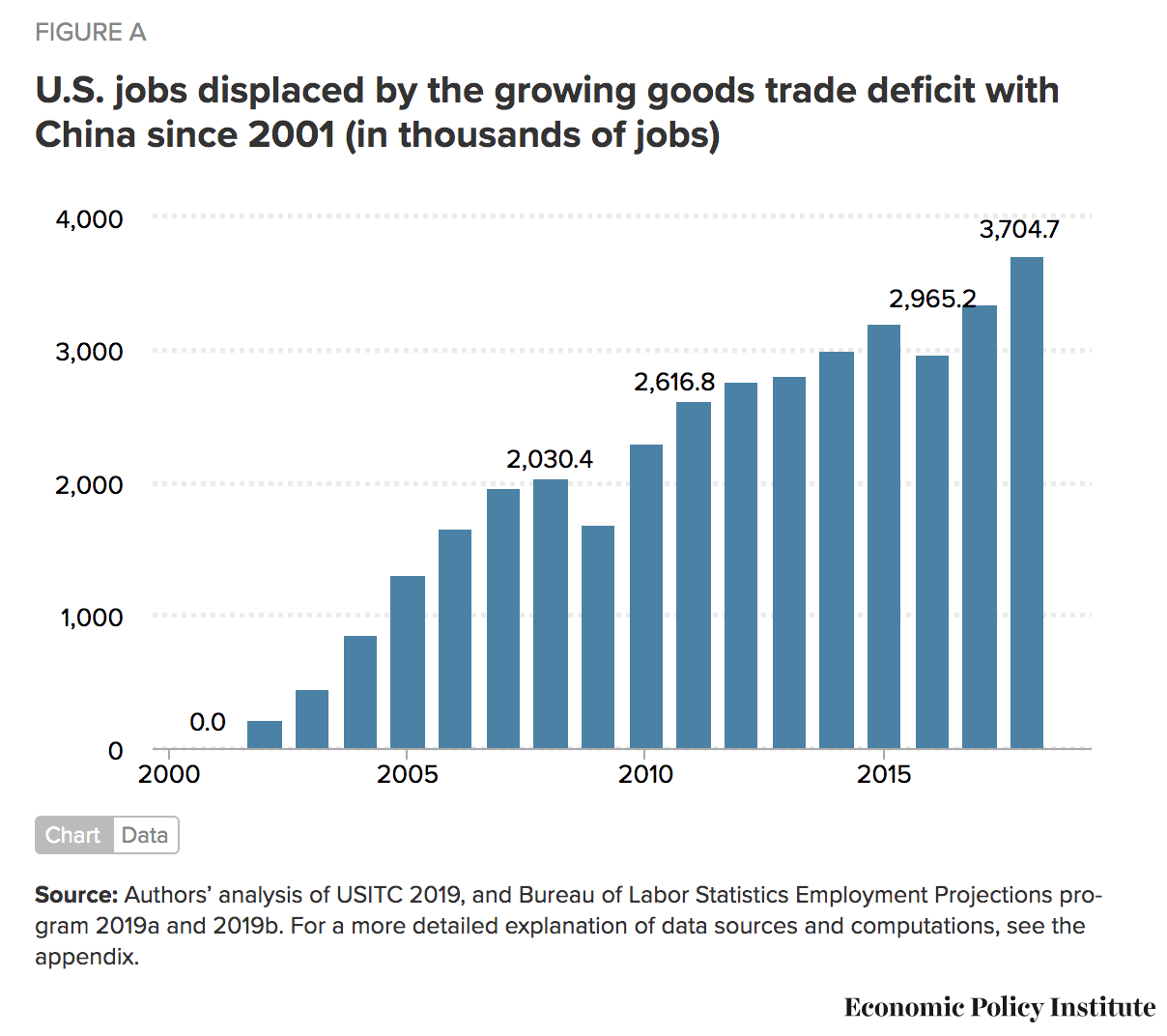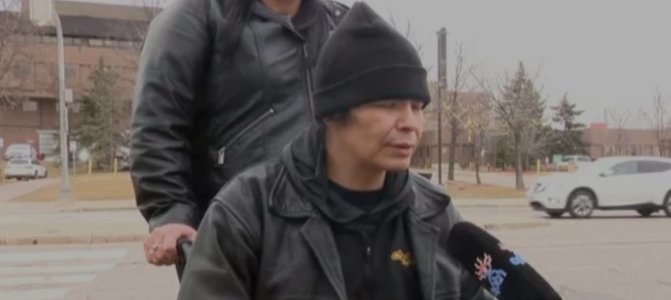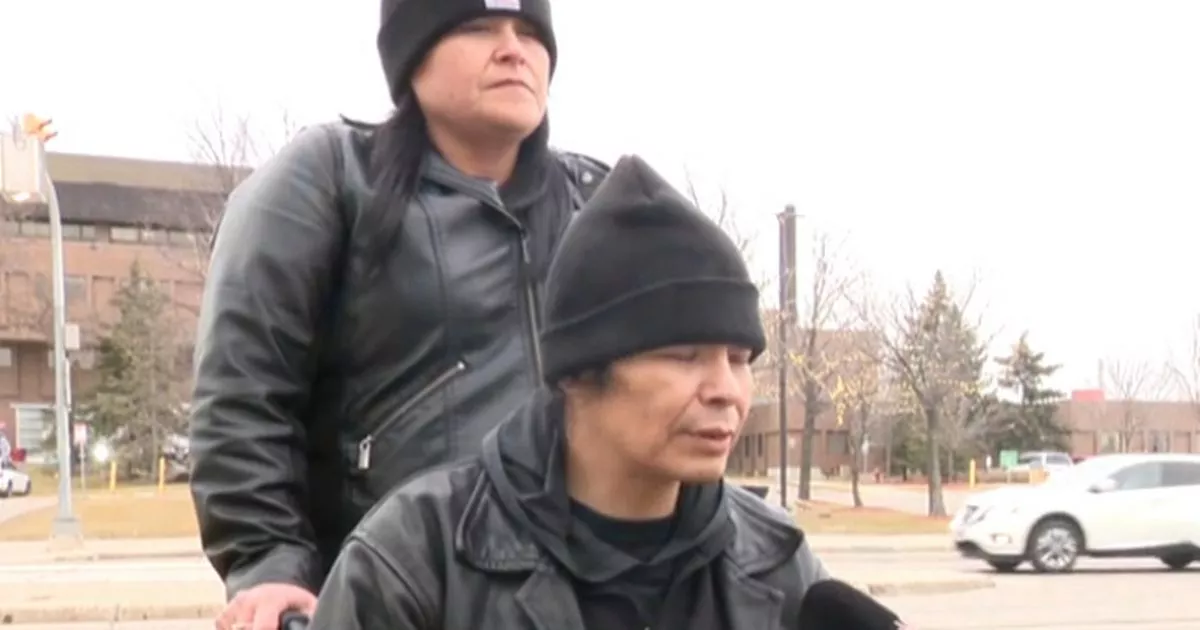
Biden’s bipartisan win leaves progressives thirsting for more
The sprawling bill tackles a range of items on Congress’ wish list, including transit, broadband, climate change, clean water, cybersecurity and payments to drugmakers.
The Senate’s $550 billion infrastructure deal offers historic amounts of cash for a host of causes that progressive Democrats hold dear — from boosting mass transit and high-speed rail to addressing the impacts of climate change to closing socioeconomic divides in clean water and broadband internet service.
Yet many liberal activists found themselves caught between deflated and enraged.
No groups may feel more jilted than transit advocates, who argue that Senate Democrats and President Joe Biden are passing up a rare opportunity to wean the U.S. from its century-old addiction to road-building. Instead, the bipartisan deal (H.R. 3684 (117)) offers $39 billion in new money for transit — a sum large enough to pay for tangible improvements in the nation’s chronically underfunded transit agencies, but one that’s dwarfed by the bill’s $110 billion for roads.
“From what I can tell, this is a largely status quo and highway-centric bill,” House Transportation Chair Peter DeFazio (D-Ore.), one of Congress’ top proponents of more money for transit, said Monday in an email to POLITICO. He added: “Ultimately, we need a bill that goes bigger, bolder, and takes advantage of this once-in-a-generation opportunity to catapult our infrastructure into the modern era and beyond.”
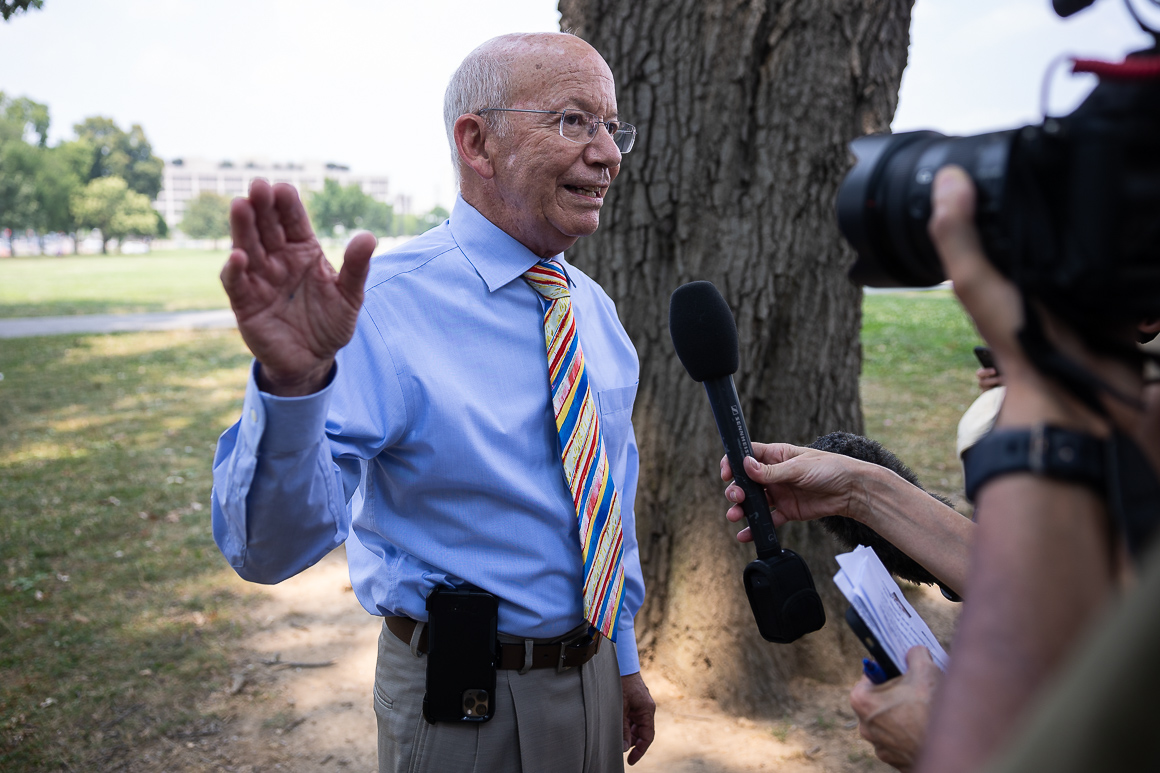
House Transportation Chairman Peter DeFazio (D-Ore.) at a rally for progressive infrastructure legislation on the National Mall June 20, 2021. | Francis Chung/E&E News
The bill separately offers $101 billion for high-speed rail and Biden’s beloved Amtrak — a huge amount of money but probably not enough to fuel the “second great rail revolution” he promised during his campaign. And the bill largely abandons the administration’s promise to undo the wrongs of past transportation projects, spending just one-fortieth as much as Biden had initially sought to tear down or redesign highways that bulldozed through communities of color and cut low-income people off from job opportunities.
The result is a paradox for Biden, who has called for historic, transformative legislation while pledging to show he can bring a polarized Washington together. In this case, he couldn’t do both.
On many issues, progressives will be looking beyond this infrastructure bill to a larger, $3.5 trillion package that Democrats could pass without any GOP support, one that could take a larger swing at causes such as climate change. But infrastructure may not make it into such a bill, leaving the Senate deal as possibly the last word.
Some lawmakers are looking on the bright side, with Senate Democratic Whip Dick Durbin (D-Ill.) noting that “the investment in transit is historic.”
“Would we have liked to go further for electric vehicles or responding with sustainable or renewable energy? Yes,” Durbin said on MSNBC. “But we have a 50/50 Senate. We can only take the Republicans so far and we take what we can get.”
Here is POLITICO’s roundup of what the 2,700-page legislative package would do:
But highways would remain the king of the road in Congress’ transportation spending priorities. The deal also omits policy language from a House-passed bill that DeFazio championed, which would have limited the ability of state transportation departments to build new highways or widen existing ones.
His bill would have authorized more money for transit, and more of it would have been added to baseline spending, rather than making it a one-time infusion — much like the difference between getting a salary raise or a one-time bonus.
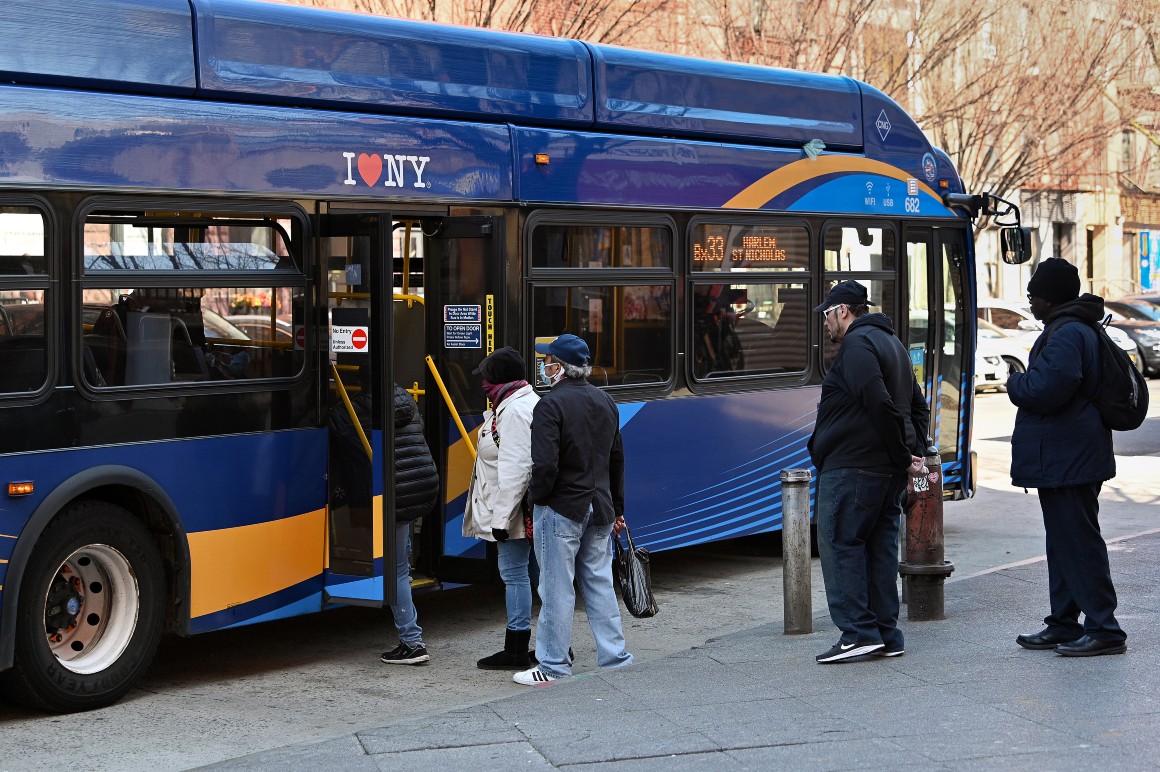
Green groups and progressives had looked to DeFazio’s bill as a definitive policy shift that would have lessened the transportation sector’s outsized contribution to U.S. greenhouse gas emissions. Instead, they — and DeFazio — were sidelined as the bipartisan talks took place among the White House and a tight circle of moderate senators.
And transit advocates are flummoxed that when the bipartisan group went dark for five weeks after initially reaching a deal in June, the new agreement they announced last week contained a $10 billion cut for transit and few other significant changes.
Beyond the money, the House bill would have also required states to reduce their transportation-related greenhouse gas emissions and improve safety for everyone — not just for people traveling in cars.
“It isn't about the amount. It is about what you want to accomplish,” said Beth Osborne, director of the progressive group Transportation for America. “Will building a bunch more highways and expanding more while spending still a fraction on transit address climate or equity? Can you fill a hole with a teaspoon while digging with an excavator?”
Of that sum, $66 billion is standalone, guaranteed funding — a sum that dwarfs the last injection of its kind, $9.3 billion provided in former President Barack Obama’s stimulus. But the bill still leaves gaps that will make it difficult to force improvements in the United States’ subpar rail service, transportation experts say.
For one thing, a third of the rail money is not guaranteed — it’s subject to Congress’ annual appropriations whims, and therefore could fail to arrive if Republicans take one or both chambers of Congress. The bill also doesn’t include some deeper policy changes that Amtrak had endorsed, such as one that would have given passenger rail services more leverage over freight railroads for access to tracks — a key to ensuring better on-time performance.
And overall, the bill largely focuses on repair and upgrades, not adding new service, a source of some disappointment on the Hill.
“It will enable repair, but not real rebuilding,” said Sen. Richard Blumenthal (D-Conn.) on Monday. “The backlog of maintenance and repair can be addressed through this infrastructure proposal, but not the massive rebuilding that's necessary for high speed rail.”
Yet many liberal activists found themselves caught between deflated and enraged.
No groups may feel more jilted than transit advocates, who argue that Senate Democrats and President Joe Biden are passing up a rare opportunity to wean the U.S. from its century-old addiction to road-building. Instead, the bipartisan deal (H.R. 3684 (117)) offers $39 billion in new money for transit — a sum large enough to pay for tangible improvements in the nation’s chronically underfunded transit agencies, but one that’s dwarfed by the bill’s $110 billion for roads.
“From what I can tell, this is a largely status quo and highway-centric bill,” House Transportation Chair Peter DeFazio (D-Ore.), one of Congress’ top proponents of more money for transit, said Monday in an email to POLITICO. He added: “Ultimately, we need a bill that goes bigger, bolder, and takes advantage of this once-in-a-generation opportunity to catapult our infrastructure into the modern era and beyond.”

House Transportation Chairman Peter DeFazio (D-Ore.) at a rally for progressive infrastructure legislation on the National Mall June 20, 2021. | Francis Chung/E&E News
The bill separately offers $101 billion for high-speed rail and Biden’s beloved Amtrak — a huge amount of money but probably not enough to fuel the “second great rail revolution” he promised during his campaign. And the bill largely abandons the administration’s promise to undo the wrongs of past transportation projects, spending just one-fortieth as much as Biden had initially sought to tear down or redesign highways that bulldozed through communities of color and cut low-income people off from job opportunities.
The result is a paradox for Biden, who has called for historic, transformative legislation while pledging to show he can bring a polarized Washington together. In this case, he couldn’t do both.
On many issues, progressives will be looking beyond this infrastructure bill to a larger, $3.5 trillion package that Democrats could pass without any GOP support, one that could take a larger swing at causes such as climate change. But infrastructure may not make it into such a bill, leaving the Senate deal as possibly the last word.
Some lawmakers are looking on the bright side, with Senate Democratic Whip Dick Durbin (D-Ill.) noting that “the investment in transit is historic.”
“Would we have liked to go further for electric vehicles or responding with sustainable or renewable energy? Yes,” Durbin said on MSNBC. “But we have a 50/50 Senate. We can only take the Republicans so far and we take what we can get.”
Here is POLITICO’s roundup of what the 2,700-page legislative package would do:
Transit
The $39 billion contained in the deal could make a major difference for transit agencies, allowing them to make a dent in long-deferred maintenance backlogs. It could also pay for improvements that would enhance their appeal to existing and new riders, such as reliable schedules, real-time tracking information and buses that come every 10 minutes instead of every 20.But highways would remain the king of the road in Congress’ transportation spending priorities. The deal also omits policy language from a House-passed bill that DeFazio championed, which would have limited the ability of state transportation departments to build new highways or widen existing ones.
His bill would have authorized more money for transit, and more of it would have been added to baseline spending, rather than making it a one-time infusion — much like the difference between getting a salary raise or a one-time bonus.

Green groups and progressives had looked to DeFazio’s bill as a definitive policy shift that would have lessened the transportation sector’s outsized contribution to U.S. greenhouse gas emissions. Instead, they — and DeFazio — were sidelined as the bipartisan talks took place among the White House and a tight circle of moderate senators.
And transit advocates are flummoxed that when the bipartisan group went dark for five weeks after initially reaching a deal in June, the new agreement they announced last week contained a $10 billion cut for transit and few other significant changes.
Beyond the money, the House bill would have also required states to reduce their transportation-related greenhouse gas emissions and improve safety for everyone — not just for people traveling in cars.
“It isn't about the amount. It is about what you want to accomplish,” said Beth Osborne, director of the progressive group Transportation for America. “Will building a bunch more highways and expanding more while spending still a fraction on transit address climate or equity? Can you fill a hole with a teaspoon while digging with an excavator?”
Rail
The agreement includes about $101 billion for rail over the next five years, according to a POLITICO analysis, and would offer what the White House has called the “largest federal investment in passenger rail since the creation of Amtrak.” Analysts say rail service got a bigger percentage bump in funding from the Senate deal than any other mode of transportation.Of that sum, $66 billion is standalone, guaranteed funding — a sum that dwarfs the last injection of its kind, $9.3 billion provided in former President Barack Obama’s stimulus. But the bill still leaves gaps that will make it difficult to force improvements in the United States’ subpar rail service, transportation experts say.
For one thing, a third of the rail money is not guaranteed — it’s subject to Congress’ annual appropriations whims, and therefore could fail to arrive if Republicans take one or both chambers of Congress. The bill also doesn’t include some deeper policy changes that Amtrak had endorsed, such as one that would have given passenger rail services more leverage over freight railroads for access to tracks — a key to ensuring better on-time performance.
And overall, the bill largely focuses on repair and upgrades, not adding new service, a source of some disappointment on the Hill.
“It will enable repair, but not real rebuilding,” said Sen. Richard Blumenthal (D-Conn.) on Monday. “The backlog of maintenance and repair can be addressed through this infrastructure proposal, but not the massive rebuilding that's necessary for high speed rail.”

